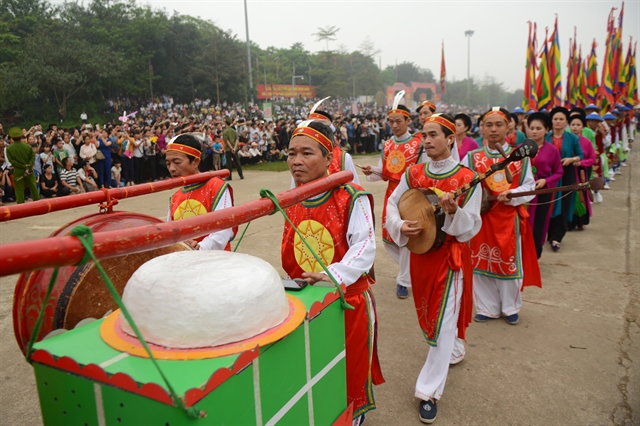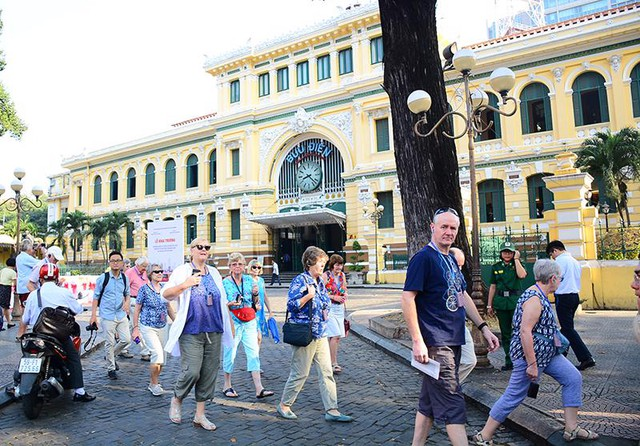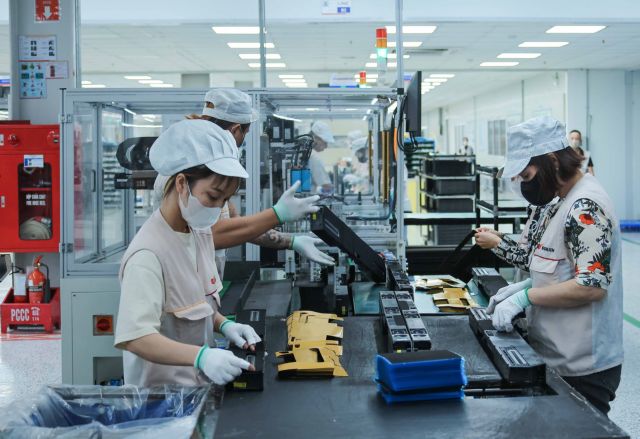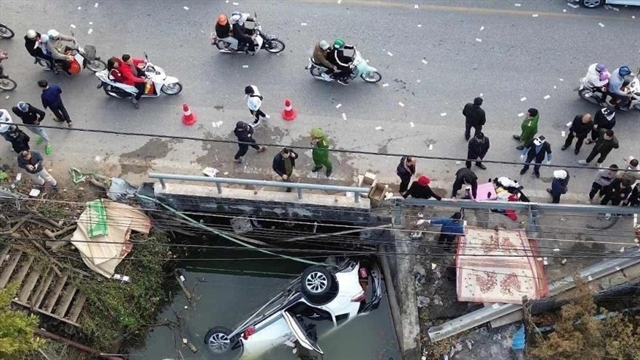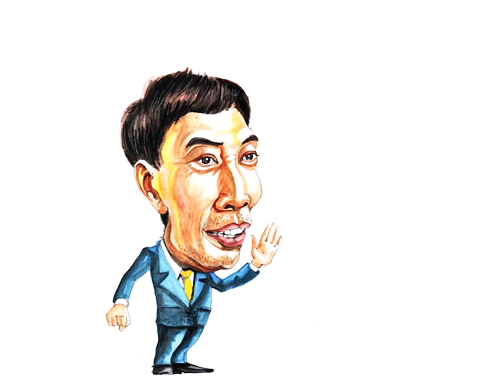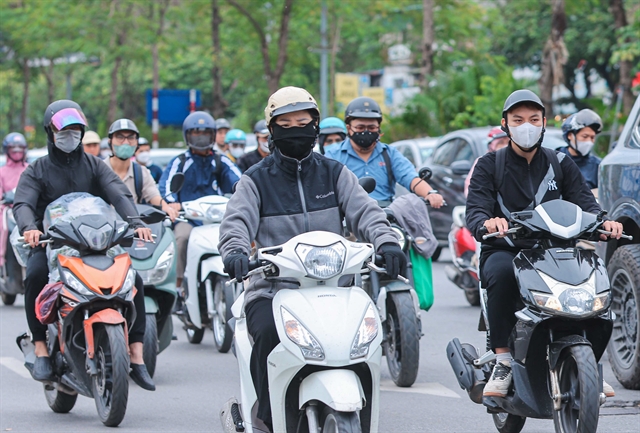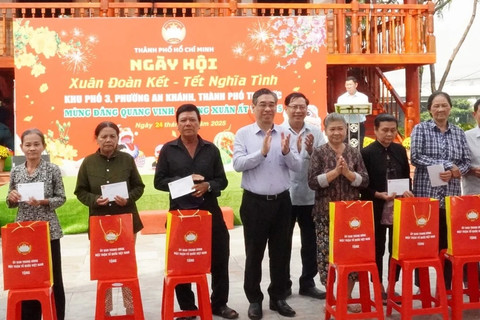

Insights from Indochina Capital consultants
Categorised as a global pandemic, the novel coronavirus (COVID-19) is having a drastic impact on all nations across the globe. From flight cancellations, travel restrictions, conferences and business gatherings being delayed, to millions of workers encouraged to work from home or stay at home, COVID-19 is affecting global supply chains and financial markets around the world.
Over the last couple of weeks, the situation has become more and more distressing with the rise in confirmed cases in Vietnam. The outbreak’s effect on the local real estate market has been significant. The hardest hit sectors, where immediate impacts can be observed, are hotels, retail, entertainment venues and other tourism-related assets.
With the near complete shutdown of international and local travel, occupancy rates at hotels have plummeted. Hotel owners and developers have had to make the hard decision of letting staff go, or worse shutting down their properties for the foreseeable future. The highly anticipated Vietnam Grand Prix has been postponed indefinitely. Hanoi and Saigon have shut down all public entertainment places and the tourism industry has lost billions of dollars in January and February alone.
In retail, the rise of social distancing has been devastating for consumption. With the sight of empty malls and shopping centers, most tenants have asked for rent reductions up to 50% during the outbreak, which will in turn put pressure on owners and landlords who will have to balance the livelihood of their businesses and morale during these turbulent times. Similar to the hospitality segment, where prices are being slashed by the day, companies who develop long-term strategies to transform the sector will benefit greatly further down the line, allowing them to recover from the detrimental effects of the virus outbreak.
Residential real estate is seeing a short-term negative impact as travel bans are preventing buyers from visiting and closing deals, especially as China, South Korea and Japan account for a large proportion of international demand in Vietnam’s residential sector. New projects are also not being launched to avoid social gatherings and the increased risk of infection. Nonetheless, compared to competitors in the region, Vietnam still has one of the highest rental yields and lowest real estate prices. Thus, we can expect interest from foreign buyers to remain high – they are only suspending their investment plans in response to travel bans and focusing on their own well-being amid COVID-19. In the long-run, we can expect to see local and international demand return to their previous levels.
In the industrial segment, the outbreak is disrupting the global supply chain, hence slowing down the growth of this sector; however, it is likely that the outbreak will push international manufacturers to diversify their production and supplier bases. Once the spread of the virus slows, the logistics industry in Vietnam will continue to be highly desirable due to geopolitical factors, lower labor costs and new foreign trade agreements, which will help Vietnam attract foreign investors looking to set up plants outside of China. Samsung has already moved part of its production to Vietnam and stringent containment efforts in the country have allowed companies to keep local plants open and under operation. As a result of COVID-19, health and safety procedures at factories and workplaces will progressively become a competitive advantage as production cannot be carried out remotely.
Instead of the previous wait-and-see approaches or halting of activities until the end of the outbreak, real estate companies need to prepare action plans as soon as possible, including prompt measures to curb the temporary effects of COVID-19, and longer term strategies to reduce its potential prolonged negative effects on the entire market.
In the short-term, operators, retailers and owners should sit down to review fixed costs. Reducing service offering and shutting down parts of their facilities are ways to save energy and reduce workload on their personnel. Flexibility, including remote working and effective rotation plans for staff, could help companies maintain operational continuity while securing income to all employees. This will be key in the short term as events take unpredictable turns every day.
In the longer term, companies should review budgeting and financial expectations for the next 12-24 months, as well as break down their customers into segments to forecast expected decreases in demand for each segment. Shopping centers must adapt to provide multichannel options that could help boost future visits and ensure business stability if another epidemic were to trigger travel restrictions.
With recent developments of the COVID-19, it is safe to say that it will leave the global economy and Vietnam real estate market with significant near-term damage. Current drastic prevention and precautionary measures are unprecedented, and though we cannot fully estimate the impact of COVID-19 on the market, its initial effects on the market have been troubling. It is an imperative for companies to stay proactive and act promptly, staying flexible in the short term while coming up with strategies to transform their sector and reduce prolonged repercussions should a similar event occur again. Opportunity arises during dark times, and companies that innovate and plan accordingly are those who will come out on top when we return to normalcy.


